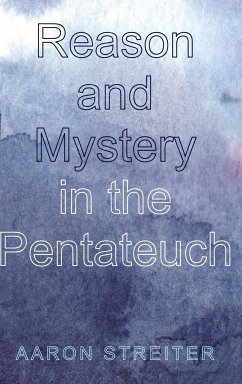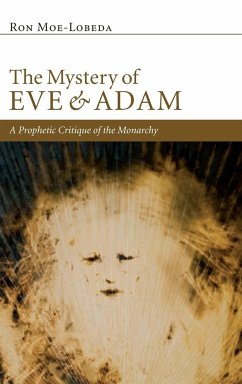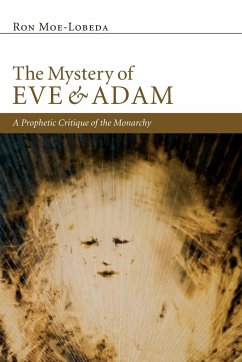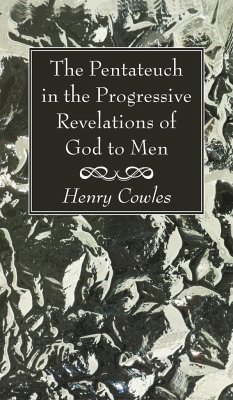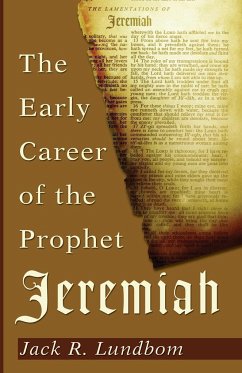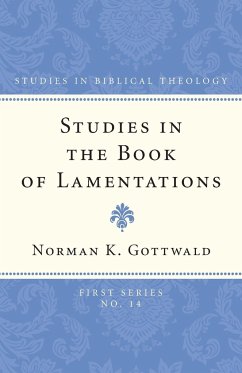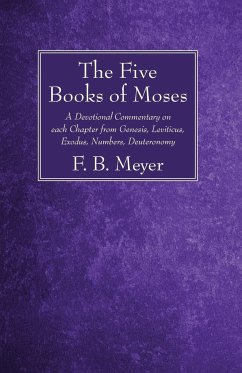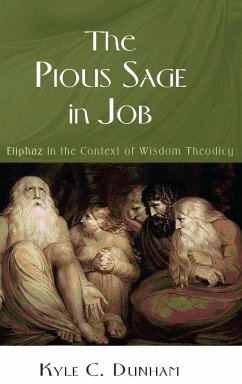Reason and Mystery in the Pentateuch is grounded in the faith that the following related truths are self-evident: God revealed to Moses two works, known together as the Torah. The first work is the Pentateuch (the Written Law), revealed as a book consisting mainly of a sacred history and a codex. The second work is the Mishnah (the Oral Law), an elucidation of the codex transmitted orally through many generations, then redacted as a book. The Torah has never been corrupted; the text read today is identical to the text God revealed to Moses. Because God, who is perfect, revealed the text, it must be perfect. Only in it must intent and execution be identical. And because God is essentially incomprehensible, the Pentateuch must be, at least in part, incomprehensible. The present book will interest traditionalist Christians, to whom, as to traditionalist Jews, the Pentateuch is sacred. It will interest readers not committed to the truths above for the insight it provides about readers for whom those truths are self-evident. For those readers, readers of faith, the Pentateuch must be not merely read, but continuously, intently, and reverentially studied. Reason and Mystery in the Pentateuch demonstrates how such study of the Pentateuch, considered as a literary artifact, may be conducted. In particular, it underscores the limits imposed by its Author upon the capacity of human intelligence to comprehend the plain meaning of its sacred history and its codex, and the linguistic strategy by which those limits are established.

